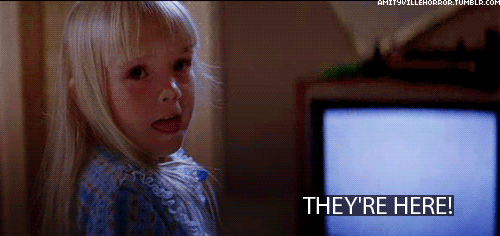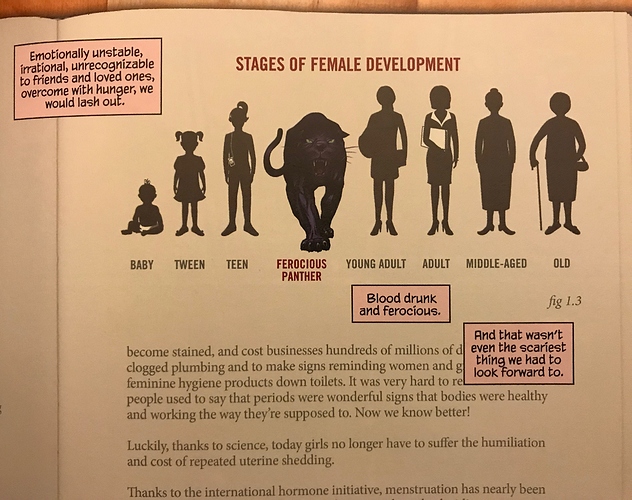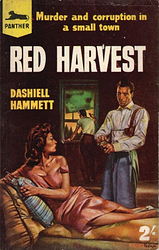I’ve mentioned before, new readers may think it was a beautiful blue sky.
No, you can. At least I can, if I accidentally change my TV to try to get TV. No cable, no antenna, but it tries so I get noise instead.

The floggings will continue regarding the jargon, not the action…
we got on deck, the man at the wheel struck eight bells (four o’clock in the morning), and "All Starbowlines, ahoy!’’ brought the other watch up, but there was no going below for us. The gale was now at its height, ``blowing like scissors and thumb-screws’’; the captain was on deck; the ship, which was light, rolling and pitching as though she would shake the long sticks out of her, and the sails were gaping open and splitting in every direction. The mizzen topsail, which was a comparatively new sail, and close reefed, split from head to foot, in the bunt; the fore topsail went, in one rent, from clew to earing, and was blowing to tatters; one of the chain bobstays parted; the spritsail yard sprung in the slings; the martingale had slued away off to leeward; and, owing to the long dry weather, the lee rigging hung in large bights at every lurch. One of the main top-gallant shrouds had parted; and, to crown all, the galley had got adrift, and gone over to leeward, and the anchor on the lee bow had worked loose, and was thumping the side. Here was work enough for all hands for half a day. Our gang laid out on the mizzen topsail yard, and after more than half an hour’s hard work, furled the sail, though it bellied out over our heads, and again, by a slat of
Finnegan’s Wake?
Two years before the mast. Still working through it.
Eh, just a poor pun. Hard to understand text, plus Wake, as in what follows a boat.
My apologies.
It seems to me that the blue is being phased out in favour of a black screen; even newer readers might think it’s nighttime.
Interview with Joe Haldeman:
Haldeman is one of my favorite authors. He is really funny on panels at science fiction conventions. But I recall him reading some poetry he’d written. I forget the subject, but it must have been something close to his heart – he was crying by the time he finished.
I just finished reading the first few issues of a comic called Man-Eaters.
So far, it’s shaping up to be a sort of coming-of-age story about a girl named Maude. The basic premise of the story and its setting can be summed up by this panel. Note that fig. 1.3 is not a metaphor.
I actually skipped this book the first time I saw it. The title and cover caught my eye, so I flipped through it, but I wasn’t a huge fan of the art style, and although I could tell it was pretty clever, I was also pretty sure that I wasn’t necessarily part of the target audience. Or maybe I was (am?), because the idea of the book stuck with me, and I ended up impulse-buying the first couple issues the next time I ran across it.
And I’m so glad I did, because it’s a really well-written parody of certain gender tropes, and is just spot-on in terms of tone as it gives a casual back-handed smack to the current zeitgeist. It was also literally laugh-out-loud funny in a couple spots.
I think it’ll be interesting to see how it develops over time. I can imagine the schtick eventually wearing thin, but if it’s more than just a schtick they might have a really interesting story on their hands with this book. I hope that’s the case, because I’m quite enjoying it, so far.
Pattern Recognition is one of my favorite William Gibson novels. That said, I do remember it as being a bit of a slog, at first, and me being kind of ambivalent about it because I expected a dystopian near-future setting, and instead got a sort of muted contemporary thriller.
The main character kept growing on me, though, and in the end, the idea of a person who is basically allergic to modern branding, and who uses that potentially debilitating almost-mutation as a sort of dowsing-rod for cool, was just a really enchanting idea for me at the time.
Full disclosure: I was a decidedly uncool dresser as a kid, and the thing I loathed the most about the fashions of the eighties was the emphasis on branding. It just seemed wrong to buy an article of clothing that was fundamentally an advertisement for itself, and that was why I’d never be caught dead in Tommy Hilfiger, or Guess, or Ocean Pacific, or whatever. Never mind that I couldn’t afford such brands, even if I had wanted to dress like preppy scum in the first place. 
I’ve heard good things about The Peripheral, though, and have been looking forward to reading it. I hope it doesn’t actually suck, for myself, and that it eventually clicks for you, since it seems like you’re a Gibson fan already. Or alternatively, that you figure out it’s not for you and move on to something else; realizing that I don’t have to read everything by an author I’ve liked in the past has been a fairly eye-opening discovery for me, I’ll admit.
It was half-past five. I walked around a few blocks until I came to an unlighted electric sign that said Hotel Crawford, climbed a flight of steps to the second-floor office, registered, left a call for ten o’clock, was shown into a shabby room, moved some of the Scotch from my flask to my stomach, and took old Elihu’s ten-thousand-dollar check and my gun to bed with me.
That is such a fun story. Bloody, brutal and all just because our ‘hero’ feels like cleaning up the town.
Vote-rigging strikes the SFF awards world yet again:
Actually, I just copied the first part of the quote and did a Google search. Twenty-five murders is a wee bit above my threshold (if indeed a description I read is accurate).
At least. But oh man they totally deserve it and the protagonist is just the right asshole who has his own moral code to do it. This is the basis for Yojimbo, A Fistful of Dollars, and Last Man Standing. Red Harvest is a very apt title.
ETA The Continental Op is rooted in Hammet’s actual work as a Pinkerton agent. The Pinkerton’s were not nice guys.

Recently finished “Becoming Nicole.” I liked the book.

